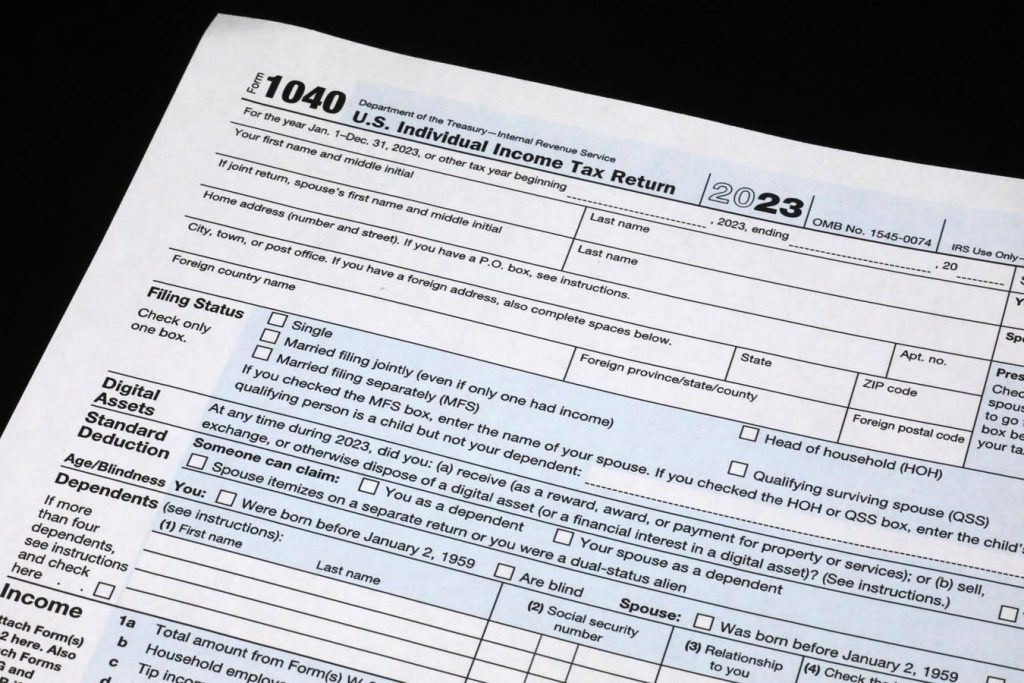Many people may not be aware that not all accountants are tax planners, as illustrated by the CEO and Founder of The Concierge CPA Consulting and TaxPlanIQ, a SaaS Tax Planning Software for Accountants. There is a misconception that any credentialed accountant can handle tax planning, but the reality is that only a few specialize in this area, which can make a significant difference in financial outcomes. Understanding the differences in credentials such as CPAs, EAs, and CFPs is crucial, as they each have their own expertise and focus within the realm of accounting and finance.
The need for specialization in tax planning is highlighted, as professionals may have different backgrounds and training, leading to varying levels of proficiency in this area. The concept of the concierge accountant is introduced, emphasizing the importance of training accountants to specialize deeply in tax planning and use innovative methods to tailor financial decisions to each client’s unique circumstances and goals. This specialized approach offers clients personalized financial guidance, value pricing, and expertise in navigating complex tax landscapes for optimal savings and growth.
Choosing a concierge accountant for specialized tax planning services means selecting a partner who is invested in your financial success and can offer tailored advice that impacts your bottom line. Transforming your financial strategy with a concierge accountant involves finding a partner who can plan your financial future with precision and evolve strategies based on your life and business needs. When making this shift, it is essential to look beyond credentials and seek out a specialist with proven expertise in tax planning that aligns with your financial goals.
Determining if your accountant is a concierge tax planner involves asking key questions about their pricing model, tax strategies, and focus on tax planning versus compliance. By inquiring about their use of value pricing, innovative tax strategies, and dedication to proactive tax planning, you can gauge their level of specialization and client-centered approach. These questions help set the expectation for high-level specialized financial care and indicate whether the accountant is equipped to provide true tax planning services versus basic tax projections.
Differentiating between tax projections and true tax planning is critical, as the latter involves implementing strategies to actively reduce tax liability during the current tax year. True tax planning delves deeper into optimizing deductions, deferring income, entity analysis, and more to minimize tax due. Overall, tax planning requires a thorough and meticulous approach akin to a detective’s work, ensuring that financial planning remains dynamic and individualized. Consulting with a licensed professional is advised for personalized advice on your specific financial situation.


